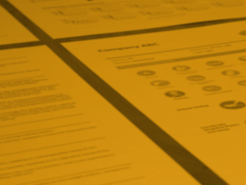Human Rights Radar
Sustainalytics’ Human Rights Radar provides information on companies that operate in volatile regions where grave human rights violations are taking place. Our research helps investors better understand the nature, impact and extent of companies’ activities as well as how well they are managing relevant risks. Download the brochure to learn more about the product.
Introduction to Transition Bonds
The green bond market has seen major growth in recent years. There is, however, a strong recognition that achieving international climate goals will require significant reduction of GHG emissions from carbon-intensive industrial activities that to date have not been the focus of green finance and for which low-carbon solutions are generally not yet available at scale due to major technological and/or systemic barriers. Those are commonly referred to as transition sectors.
Controversies Research
Sustainalytics’ Controversies Research uses smart technologies to monitor more than 60,000 media sources and 200,000 news items on a daily basis to identify companies involved in ESG-related incidents. Leverages this research to support investment decisions and manage reputational risks.
Overview of Corporates Products and Services
Interested in obtaining an ESG License from Sustainalytics to meet both internal and external business needs? Our ESG Risk Ratings are used by the world's largest institutional investors to help shape and guide their investment strategies when looking for top performing ESG companies.
Thematic Engagement
The purpose of Thematic Engagement is to influence companies to proactively manage specific ESG risks and opportunities, as well as enabling the participating investors to play an active role in addressing material, shared sustainability challenges through raising sector and systemic standards in alignment with the Sustainable Development Goals (SDG) agenda.
Product Involvement
Sustainalytics' Product Involvement research helps identify companies involved in a range of products, services and business activities for screening purposes. Each activity is accompanied with a concise summary of the way the company is involved in the relevant product or activity.
Feeding the Future
Agriculture is estimated to account for one-quarter of the world’s greenhouse gas (GHG) emissions, 80 percent of deforestation, 70 percent of water use and 78 percent of ocean and freshwater pollution. This engagement theme aims to contribute to a more sustainable trajectory for the future of food.
Global Standards Screening
Sustainalytics’ Global Standards Screening product provides an assessment of a company’s impact on stakeholders and the extent to which a company causes, contributes or is linked to violations of international norms and standards. Download the brochure to learn more about how Sustainalytics identify the Global Sustainability Signatories.
Thematic Engagement Bundle
Our Comprehensive Thematic Engagement program combines a set of four thematic engagements in a single package: Climate Transition, Human Capital and the Future of Work, Plastics and the Circular Economy and Tomorrow’s Board. The themes have been selected to give investors the broadest possible coverage of E, S and G topics with exposure to diverse industries and companies.
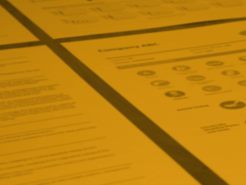

.tmb-small.jpg?Culture=en&sfvrsn=edbba807_2)
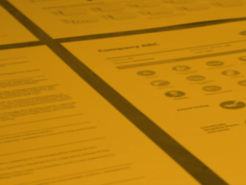



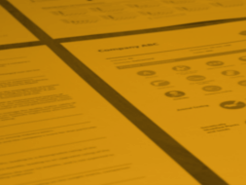


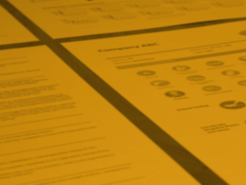

.tmb-thumbnl_rc.png?Culture=en&sfvrsn=ce56d6ce_2)


ee43428f-bcdf-4965-bdf5-d425e447dd71.tmb-small.jpg?Culture=en&sfvrsn=f87532da_2)
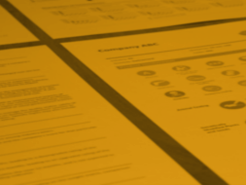

.tmb-small.jpg?Culture=en&sfvrsn=655ef212_2)
